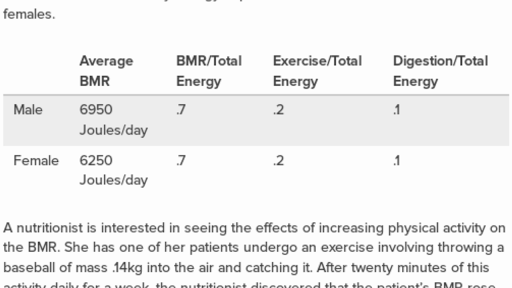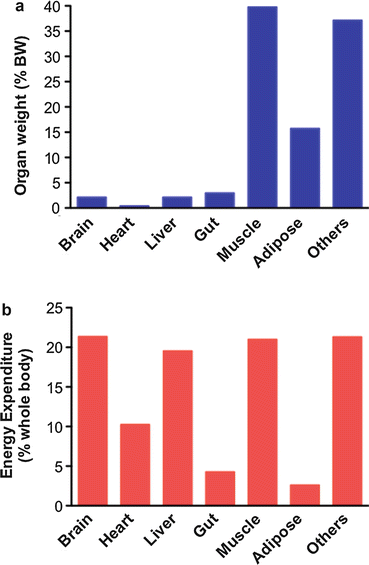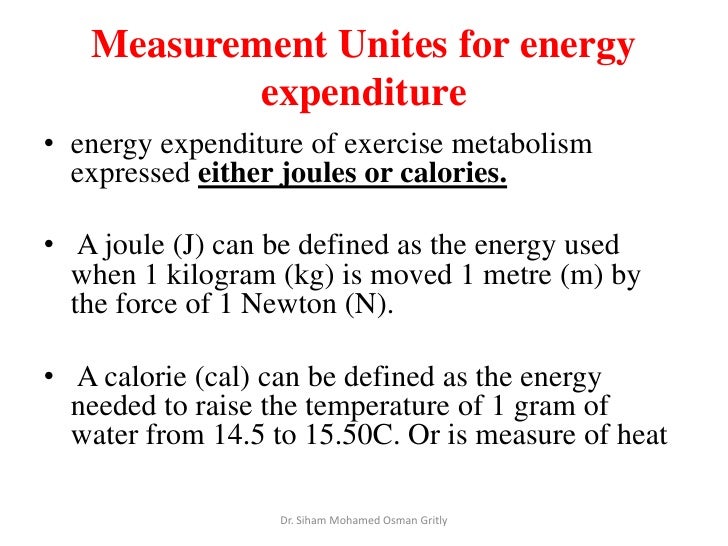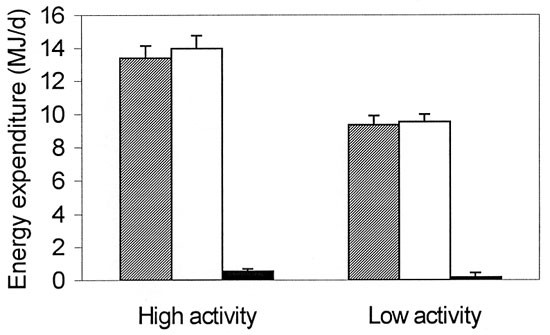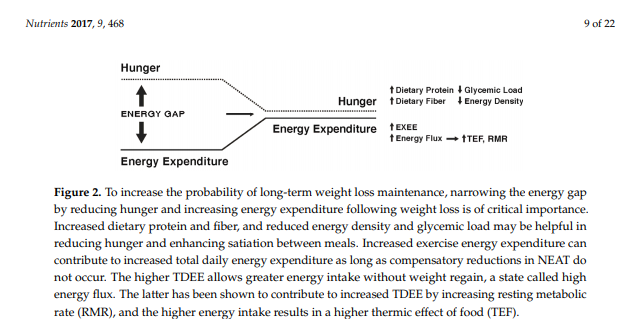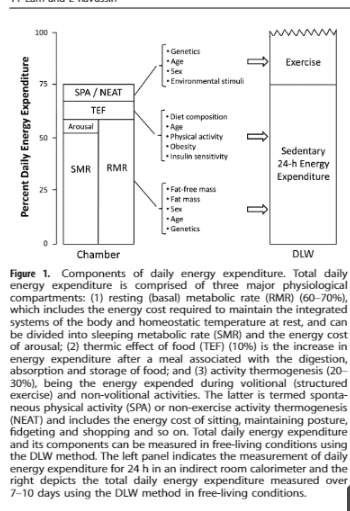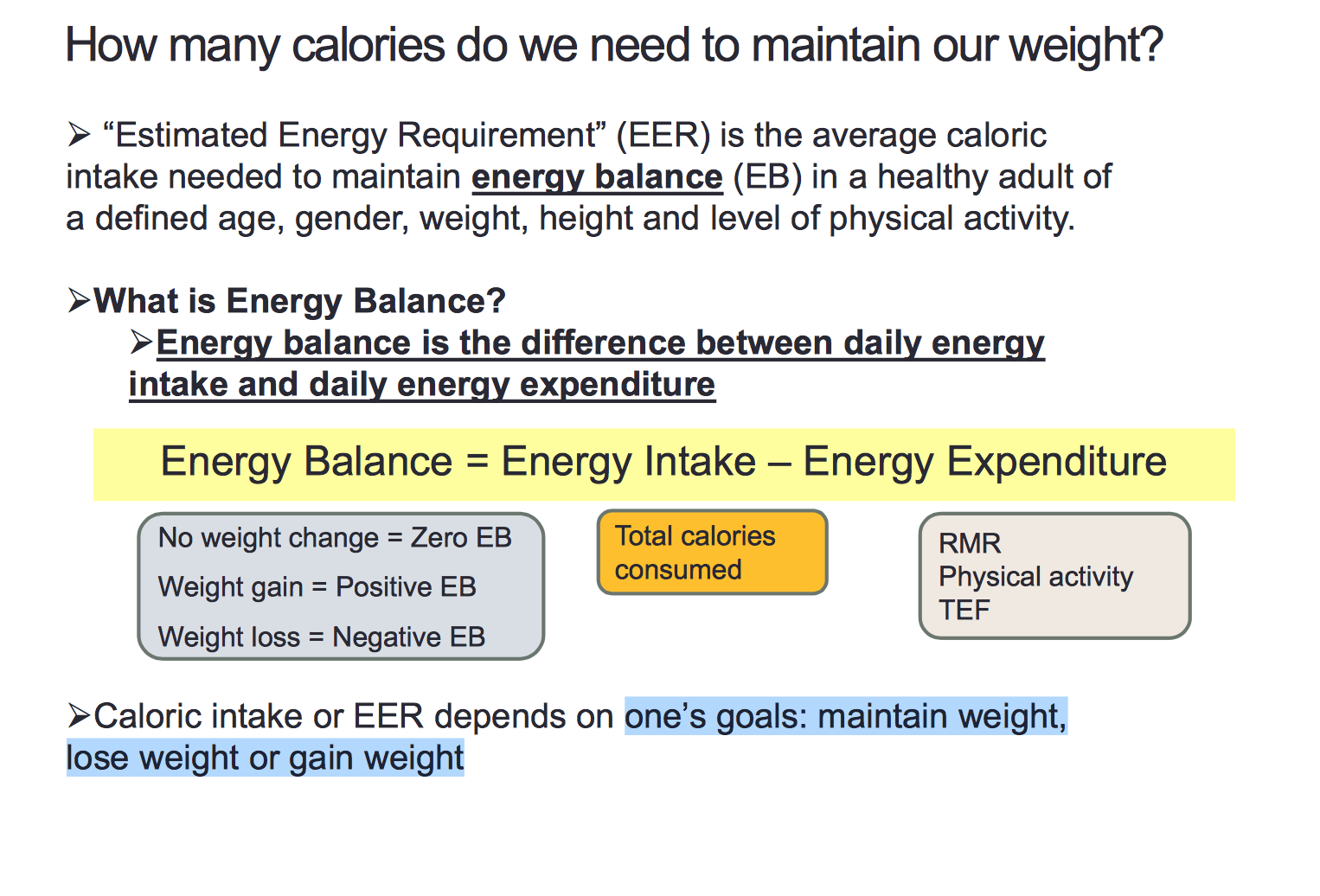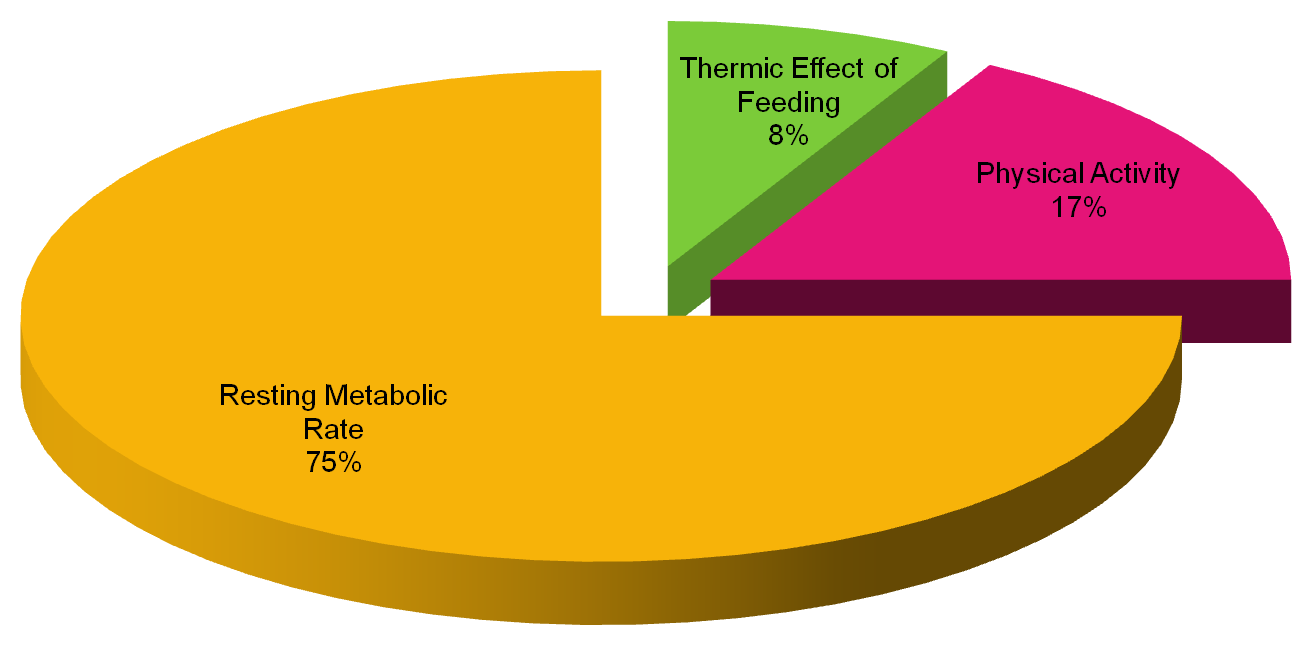Human nutrition human nutrition bmr and ree. B motionless after a 3 to 4 hour fast.

Resting Metabolic Rate And Its Impact On Your Body
Rmr is a measurement of energy expenditure when the body is. B motionless after a 3 to 4 hour fast. Energy is needed not only when a person is physically active but even when the body is lying motionless. This measurement assesses under less restricted conditions. The total amount of calories an individual burns in a given day is known as total daily energy expenditure tdee and it comes from several sources including rmr the thermogenic effect of food tef non exercise activity thermogenesis neat excess post exercise oxygen consumption epoc and of course exercise ex. Resting metabolic rate rmr is a measurement of energy expenditure when the body is. Resting metabolic rate is the total number of calories burned when your body is completely at rest.
Rmr supports breathing circulating blood organ functions and basic neurological functions. Depending on an individuals level of physical activity between 50 and 80 percent of the energy expended each day is devoted to basic metabolic processes basal metabolism which enable the body to stay warm breathe pump. Resting metabolic rate rmr is a measurement of energy expenditure when the body is motionless after a 3 to 4 hour fast. Motionless after a 3 to 4 hour fast. Motionless after a 3 to 4 hour fast. The rmr refers to the resting energy expenditure.
Resting metabolic rate rmr also called resting energy expenditure is important to understand because it typically accounts for the largest portion of total energy needs rmr is typically defined as the energy required by the body in a resting condition the definition can be further refined as the amount of energy expended when the individual is awake in a postabsorptive. Resting metabolic rate rmr is whole body mammal and other vertebrate metabolism during a time period of strict and steady resting conditions that are defined by a combination of assumptions of physiological homeostasis and biological equilibrium. Rmr differs from basal metabolic rate bmr because bmr measurements must meet total physiological equilibrium whereas rmr conditions of measurement can be altered and defined by the contextual limitations. At its lowest resting metabolic rate rmr is a measurement of energy expenditure when the body is a active after 10 hours of sleep. Motionless after a 12 hour fast. At its lowest resting metabolic rate rmr is a measurement of energy expenditure when the body is a motionless after a 12 hour fast.
Rmr is used more often than bmr because it is. The main difference between the bmr and rmr is the conditions put forward during the measurement process. Obtaining the rmr of a person is a more practical method of measuring energy expenditure at resting state. It is proportional to lean body mass and decreases approximately 001 kcalmin for each 1 increase in body fatness.
